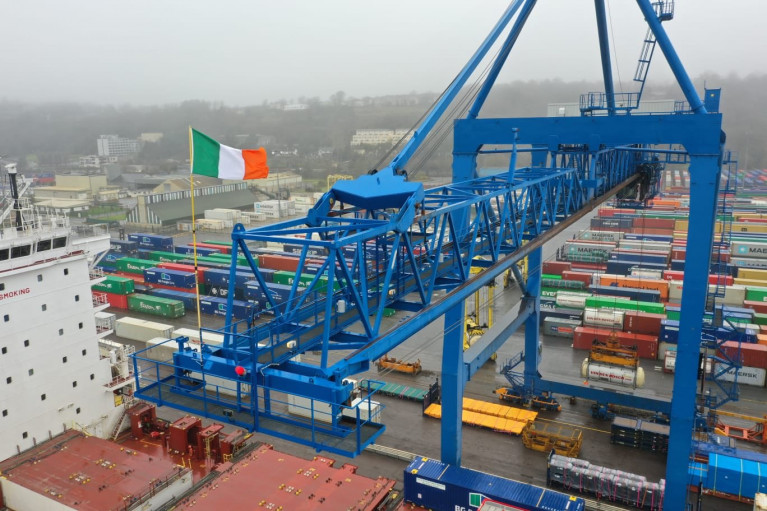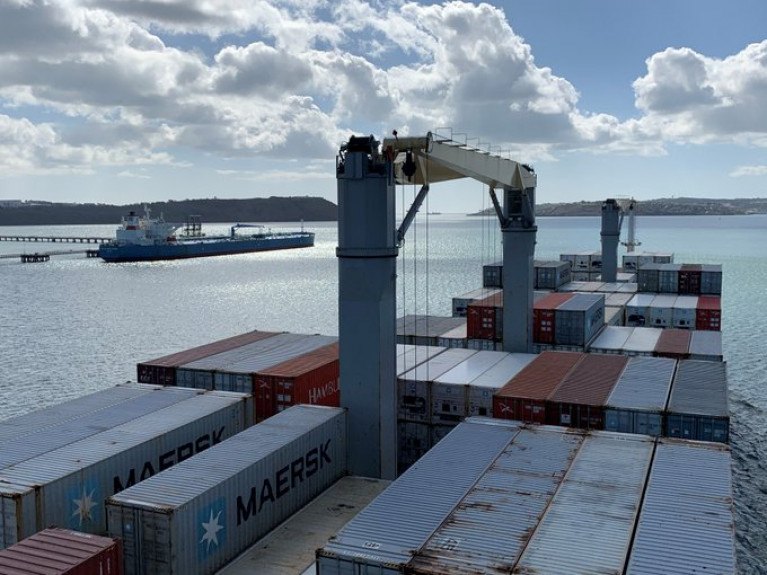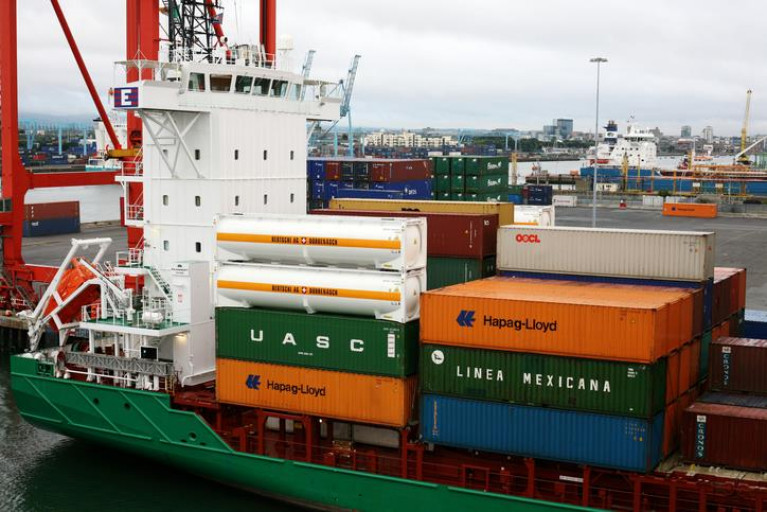Displaying items by tag: CSO figures
CSO Figures Show UK Share of Port Traffic in Republic Declines to 29.4% in Q1 of 2020
According to the Central Statistics Office, Northern Ireland and Britain accounted for 29.4 per cent of the total tonnage of goods handled in the seven main ports in the Republic in the first quarter of 2021.
As the new CSO figures show, this compares with 39.5 per cent in the first quarter of 2020. The decline in share reflects a Brexit effect that was also reported in figures published by the Dublin Port Company in April.
Other EU countries accounted for 43.2 per cent of the total tonnage of goods handled in the main ports, an 8.6 percentage point increase compared with the same quarter in 2020.
For further figures, The Irish Times reports.
The Central Statistics Office (CSO) has said imports from Britain fell by almost two thirds in January after the UK left the European Union.
The latest trade statistics from the CSO reveal an immediate Brexit impact with the value of imports falling by 65 per cent - from €1.4 billion to €497 million - in January compared to the same month last year.
The fall-off was driven by declines in imports of food and live animals (-75 per cent) and mineral fuels (-71 per cent).
The CSO said a combination of factors contributed to the large reduction in imports from the Britain in January, including the challenges of complying with customs requirements.
Other factors included the stockpiling of goods in the final quarter of 2020 in preparation for Brexit, the substitution with goods from other countries, and a reduction in trade volumes due to the impact of Covid-19.
For more including on exports, reports The Irish Times here.
Central Statistics Office (CSO) figures show a marginal decrease in the volume of goods handled in six of the seven Irish ports in the third quarter of 2020.
Six of the main Irish ports - Bantry, Dublin, Drogheda, Cork, Shannon and Waterford - handled 12.3 million tonnes of goods in the third quarter of 2020, down 0.1% compared with the same time in 2019.
Goods forwarded from these ports amounted to 4.2 million tonnes during the three months from July to September, while a total of 8.1 million tonnes of goods were received.
The CSO noted that the data for Rosslare is not included in these new figures.
More from RTE News here.
Central Statistics Office (CSO) figures show that six of the seven main Irish ports handled 12.1 million tonnes of goods in the first quarter of this year - a decrease of 5.2% compared with the same time last year.
Goods forwarded from these ports amounted to 4 million tonnes, while a total of 8.1 million tonnes of goods were received.
The ports covered in these figures include Dublin, Bantry, Cork, Drogheda, Shannon and Waterford. Rosslare is not included in the figures.
The CSO said the total number of vessels arriving in the six Irish ports included in today's figures decreased by 147 (5.7%) in the first three months of the year, while the gross tonnage of all vessels arring fell by 3.1% to 50,992 tonnes.
To read more from RTE News and statistical data in detail click the CSO website here



























































